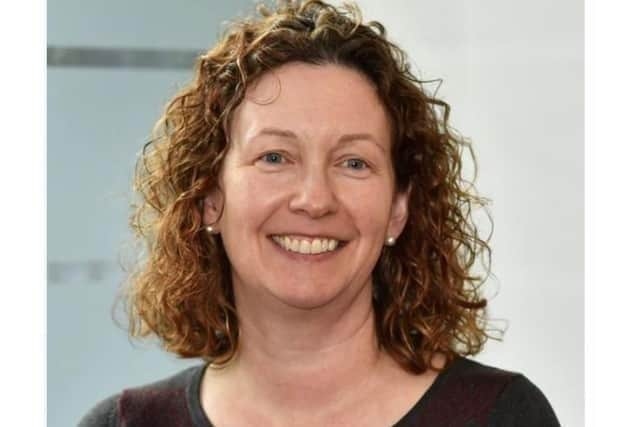Hertfordshire NHS chief warns of 'immense pressure' during junior doctors' strike
and live on Freeview channel 276
Hertfordshire's NHS chief has warned hospitals will be put under “immense pressure” as a result of the upcoming strike action planned by staff.
Dr Jane Halpin, Chief Executive of Hertfordshire and West Essex Integrated Care Board (ICB) confirmed that non-urgent hospital operations will be postponed on industrial action dates.
Advertisement
Advertisement
The ICB is asking for the public's assistance ahead of a double set of strikes involving junior doctors.


Junior doctors are striking across the UK for a continuous period of 120 hours from 7am on tomorrow (13 July) July until 7am next Tuesday (18 July).
This is followed by strike action from consultant doctors and dentists for 48 hours from 7am on Thursday 20 July until 7am on Saturday 22 July.
NHS officials are expecting significant disruption and therefore the focus will be on protecting services for life threatening emergencies.
Advertisement
Advertisement
Guidance during the industrial action states that people should only attend accident and emergency departments at
Princess Alexandra Hospital in Harlow, Lister Hospital in Stevenage and Watford General Hospital if they need treatment for a very serious illness or injury.
Patients with pre-booked appointments at hospital or a clinic, should attend as scheduled, unless told otherwise.
Dr Halpin said: “These strikes will present many challenges to patients, our hospitals, and some of our GP practices too. With large numbers of doctors expected to be absent, hospitals will not be able to run as normal and services will be working under immense pressure for more than a week.
Advertisement
Advertisement
“Even with the careful planning that is taking place, both routine and emergency care are likely to be significantly affected. In order to prioritise life-saving emergency treatment for people who need it, hospitals will postpone some non-urgent operations, treatments and routine appointments.
"Where this is the case, patients will be contacted directly. This is really unfortunate for those whose treatment is delayed, but with the majority of doctors not working, remaining staff must cover the essential care patients need.
“A&E is always for serious injuries and life-threatening emergencies only, so in a genuine medical emergency always call 999. There are many sources of advice about when to call 999, including on the NHS website.
"If you come to A&E with a minor condition or illness during the strike, you are likely to face a very long wait. If you call 999 for an ambulance when you
Advertisement
Advertisement
don’t need one, you could endanger the life of another person in desperate need of emergency care.
"NHS 111 is there 24 hours a day if you or a family member are unwell and need urgent medical help or advice on where to go. We have more staff in the NHS 111 service to cover this challenging week, so please use 111 online or by phone if you cannot manage symptoms yourself at home.
“I would like to thank everyone for their understanding and support at this challenging time.”
More details on NHS self-help can be found on the ICB’s website here.